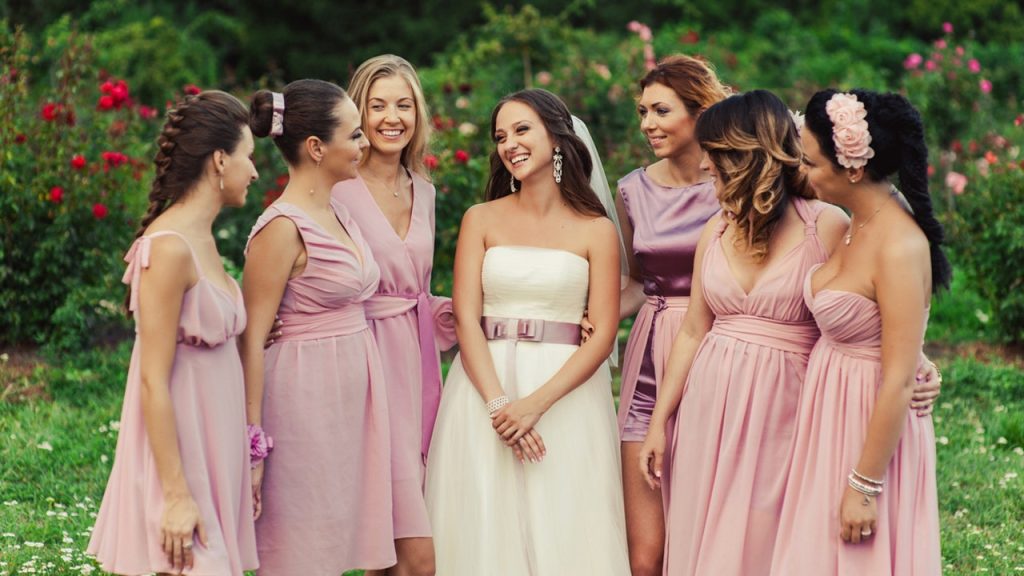Planning a wedding can be overwhelming, with couples receiving an overload of messages and calls from excited guests asking questions about the big day. To streamline communication and provide attendees with key information ahead of time, couples should consider creating a wedding website. This digital resource can be constantly updated with any changes, details, and information leading up to the event. It is one of the first things that couples should create in the planning process, as it can be shared with save the dates or on a separate card.
When creating a wedding website, there are several key pieces of information that should not be forgotten. This includes basic invitation information such as the location and time of the wedding, as well as registry details that can be linked directly to the website. Other important sections to include are lodging and transportation information, favorite spots around town, dress code, wedding itinerary, wedding party bios, the couple’s love story, personal pictures, and a FAQ page. These details can help guests better prepare for the event and feel more connected to the couple.
Including details about lodging and transportation on the wedding website is essential, especially for out-of-town guests. Providing information about nearby hotels, room blocks, shuttle service, and parking can help guests plan their visit more efficiently. Additionally, sharing favorite spots around town where the couple enjoys spending time can add a personal touch to the website and help guests explore the area. Dress code information, including weather considerations and color schemes, can also guide guests in choosing the right attire for the occasion.
While not a necessity, adding wedding party bios and the couple’s love story to the website can enhance the guest experience and create a sense of connection. Including photos of the wedding party members and sharing anecdotes about how the couple met, their favorite memories, and their engagement story can enrich the website’s content. Personal pictures, including engagement photos and snapshots of past vacations, can further personalize the website and give guests a glimpse into the couple’s relationship.
Finally, don’t forget to create a FAQ page on the wedding website to address common questions and provide contact information for any remaining inquiries. This page can help minimize the number of questions directed at the couple and ensure that guests have all the information they need for the big day. By including all these details on the wedding website, couples can streamline communication, share important information with guests, and create a digital resource that will enhance the overall wedding experience for everyone involved.


